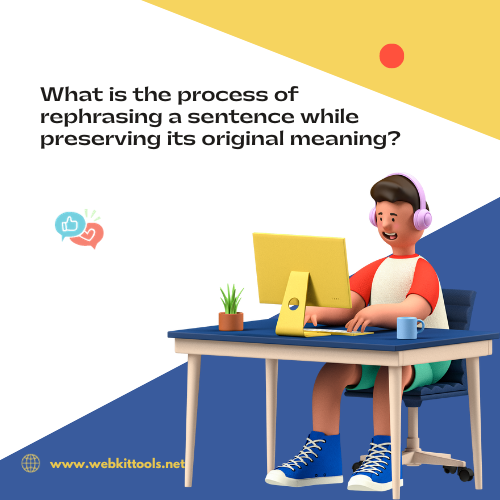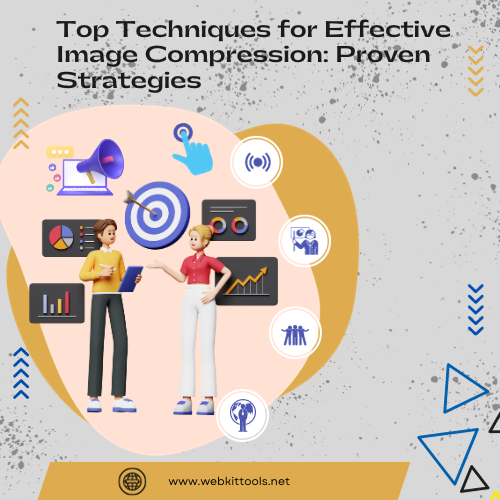Digital Converter
Digital Converter online 2024
Digital converters come in various types, each tailored to specific applications.
Conversely, digital-to-analog converters perform the opposite function, converting digital signals into analog format. Additionally, specialized converters like voltage-to-frequency and frequency-to-digital converters cater to niche requirements in diverse industries.
Choosing the Right Digital Converter
Factors to Consider
Several factors merit consideration when selecting a digital converter. These include resolution, sampling rate, input/output voltage range, and power consumption. It's essential to assess your specific requirements and choose a converter that aligns with your application's needs.
What is a digital converter, and how does it work?
Digital converters are electronic devices that convert analog signals into digital format or vice versa. They operate by sampling the analog signal at regular intervals and quantizing it into discrete digital values, enabling digital processing and transmission.
Are digital converters compatible with all devices?
Compatibility depends on signal voltage levels, interface protocols, and connector types. While many modern devices support standard digital interfaces like USB, HDMI, or Ethernet, compatibility issues may arise with legacy or specialized equipment.
Do digital converters require calibration or adjustment?
Most digital converters come pre-calibrated from the manufacturer and do not require user adjustment under normal operating conditions. However, periodic calibration may be necessary for critical applications or to compensate for environmental factors that affect performance.
What are the power requirements for digital converters?
Power requirements vary depending on the digital converter's type and specifications. Some devices operate on low-voltage DC power, while others require AC or external power sources for optimal performance.
Are there any security considerations when using digital converters?
Security concerns related to digital converters primarily revolve around data integrity and privacy. To safeguard against unauthorized access or tampering, encryption protocols and secure communication standards should be implemented when transmitting sensitive information over digital channels.
Conclusion
In conclusion, digital converters are pivotal in bridging the gap between analog and digital domains, enabling seamless communication and data exchange in many applications.














